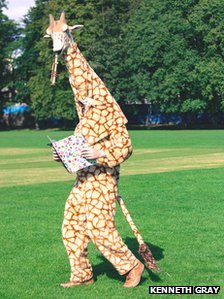Oxford Uehiro Prize in Practical Ethics: Global Warming & Vegetarianism: What should I do, when what I do makes no difference? By Fergus Peace
This essay received an Honorable Mention in the Graduate Category of the Oxford Uehiro Prize in Practical Ethics 2017
Written by University of Oxford student, Fergus Peace
- The Problem of Cumulative Impact
In large, integrated societies, some of the most important moral challenges we face can only be resolved by large-scale collective action. Global poverty and climate change are problems which won’t be solved unless large numbers of people act to address them.
One important part of our response to these problems is to avoid fallacious ‘futility thinking’, a cognitive bias which makes people less likely to act when they see the problem as being too large for them to solve. You aren’t going to end world poverty alone, but that doesn’t mean there’s nothing you should do about it. Your individual donations can make an enormous difference.
Other problems, however, are more philosophically and practically challenging. Sometimes morally significant outcomes are driven by an aggregate which your individual action is powerless to meaningfully affect. In these cases, it’s not just that your individual action won’t completely solve the problem: it won’t do any moral good at all.Read More »Oxford Uehiro Prize in Practical Ethics: Global Warming & Vegetarianism: What should I do, when what I do makes no difference? By Fergus Peace

